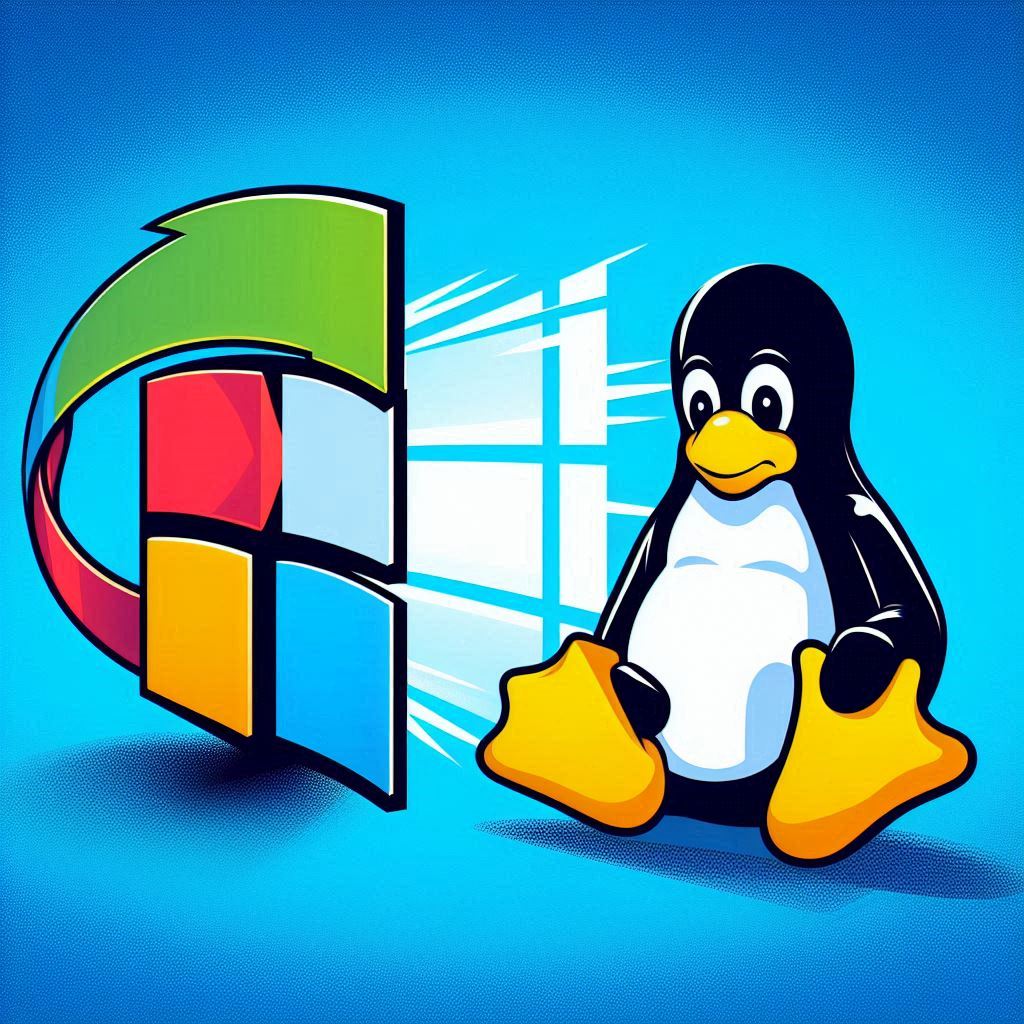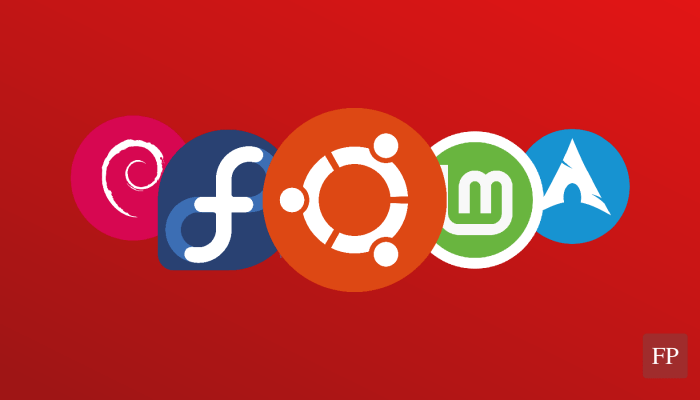Linux and its family of distributions have been around for 33 years now. Despite its popular success on smartphones and servers where it controls more than 70% of the market share, its success on the desktop landscape has always remained limited with only 4% of the market share.
But Linux has been steadily growing over the past few years, and its ecosystem is becoming more mature than before.
The wireless, Bluetooth and printer devices you tried to get working on Linux several years ago no longer suck if you try to run them again, and they have mostly become just plug-and-play. That favorite software of yours probably either works natively on Linux nowadays or there are alternatives/workarounds to make it work. That new shiny game on Steam which was released just this year will also work with a few tweaks on your Linux distribution without a hassle thanks to things like Steam Play.
But this is not an article about Linux and its current features so far. In fact, what should be pushing you towards Linux should not only be the features it has to offer nowadays. Instead, it should be the grim future with Windows that you should try to escape from.
Microsoft just announced its “Copilot+ PC” which are basically just powerful laptops suitable to run local AI applications. And thanks to advancements with the latest GPT-4o model from OpenAI which adds vision/audio capabilities in near-real-time, another Windows feature called “Recall” has been added to Windows which takes screenshots of your screen every few seconds so that you can ask the AI model about your previous activities anytime you want.
The system will record all of your activities; how you type your passwords, how you browse your family pictures, what movies/films and other media clips you watch, what anonymous accounts you own on the Internet… All of your digital life will be recorded.
While this is clearly a security nightmare and a possible breach of every privacy law around the world, it could be fine as long as it is opt-in by default and not enabled for the average Joe without his knowledge.
That’s what Microsoft at least tried to convince us when they talked to the BBC about this new feature.
However, several users have reported that unlike what Microsoft is saying, this feature is opt-out by default; meaning that it is the user’s responsibility to disable it if he/she doesn’t like it. Moreover, it can not be disabled directly through installation, but Microsoft will give users a checkbox to “open the settings after setup completes so I can manage my Recall preferences”:
Other users report on Microsoft’s attempts to gaslight users about this feature by renaming it in the group policy editor program from “Turn off Windows AI user data analysis” to “Turn off saving snapshots for Windows”:
While the Recall feature did not land on Windows 11 outside Copilot+ PCs yet, with this behavior, it is extremely hard to trust Microsoft with your data privacy even if you were running a normal machine with Windows 11.
The feature could land at any time [or not], and you may not even know about it.
This is not to add on some other spyware-like “features” in Windows 11, such as ads being displayed right in your start menu or File Explorer according to your user metrics.
With all of these interesting “updates” from Microsoft, and the fact that they are a strong investor behind the OpenAI company itself with $13 billion dollars so far which makes them have a strong incentive to analyze every bit of user data to train their AI models, it is perhaps very wise to assume that you can no longer trust your private data will remain private in the future with these hands.
You couldn’t ask for a better time to switch from Windows to another operating system.
Here comes Linux to the rescue; the lovely traditional OS that you can customize and tweak with no so-called “AI features” whatsoever.


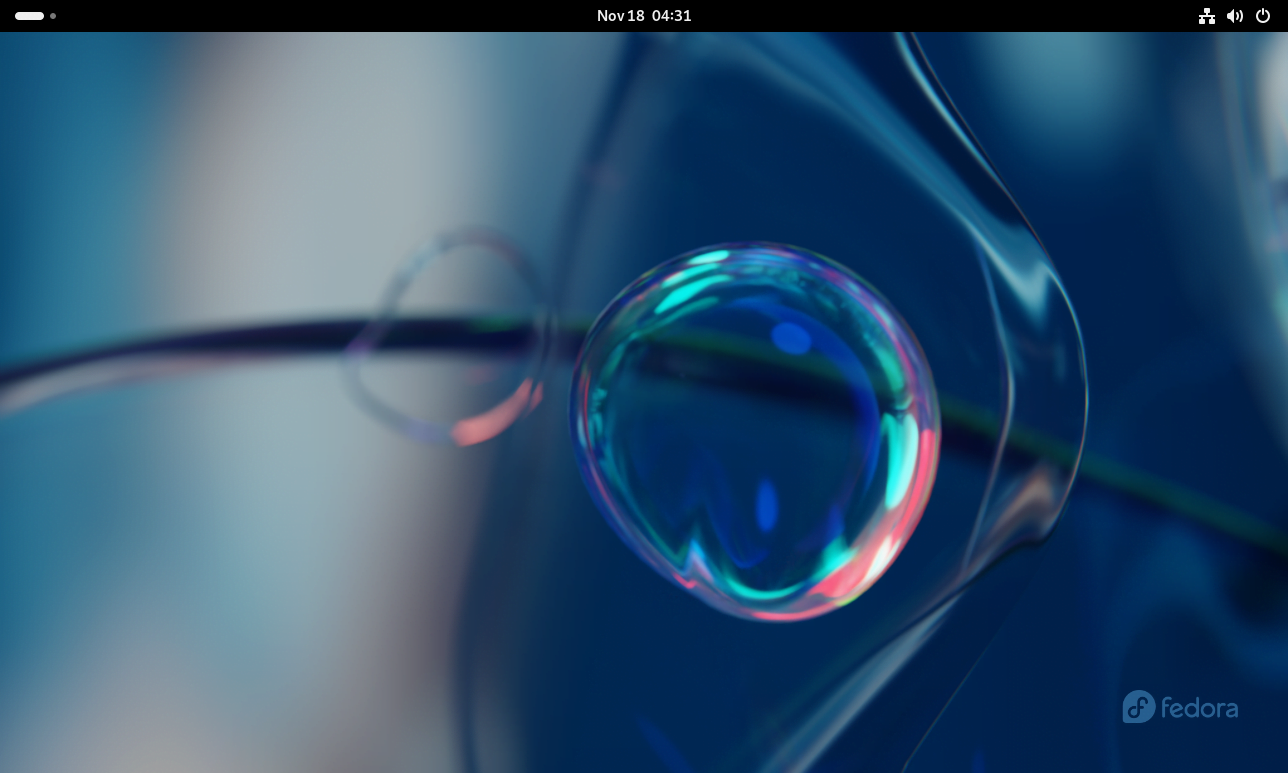
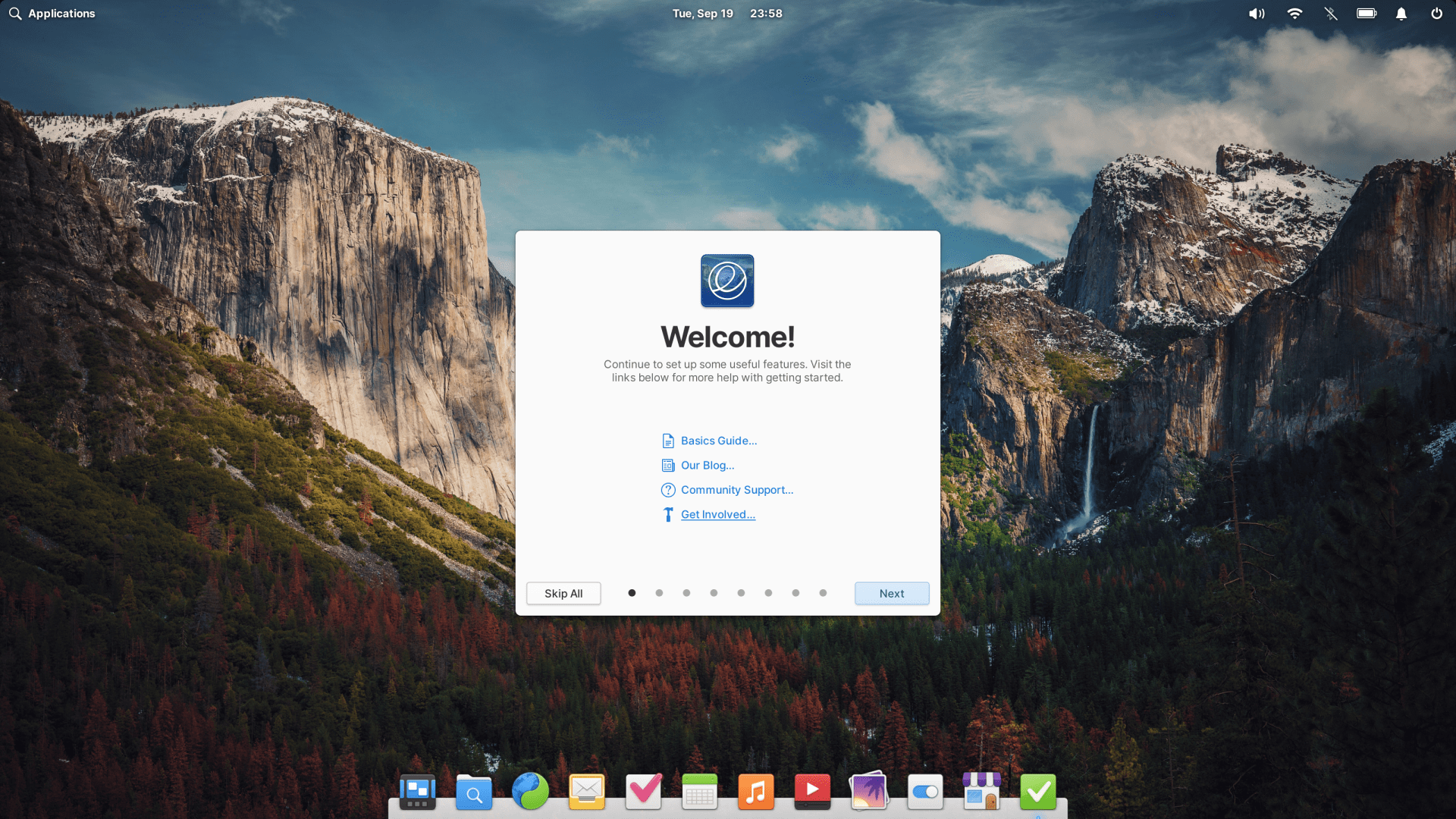


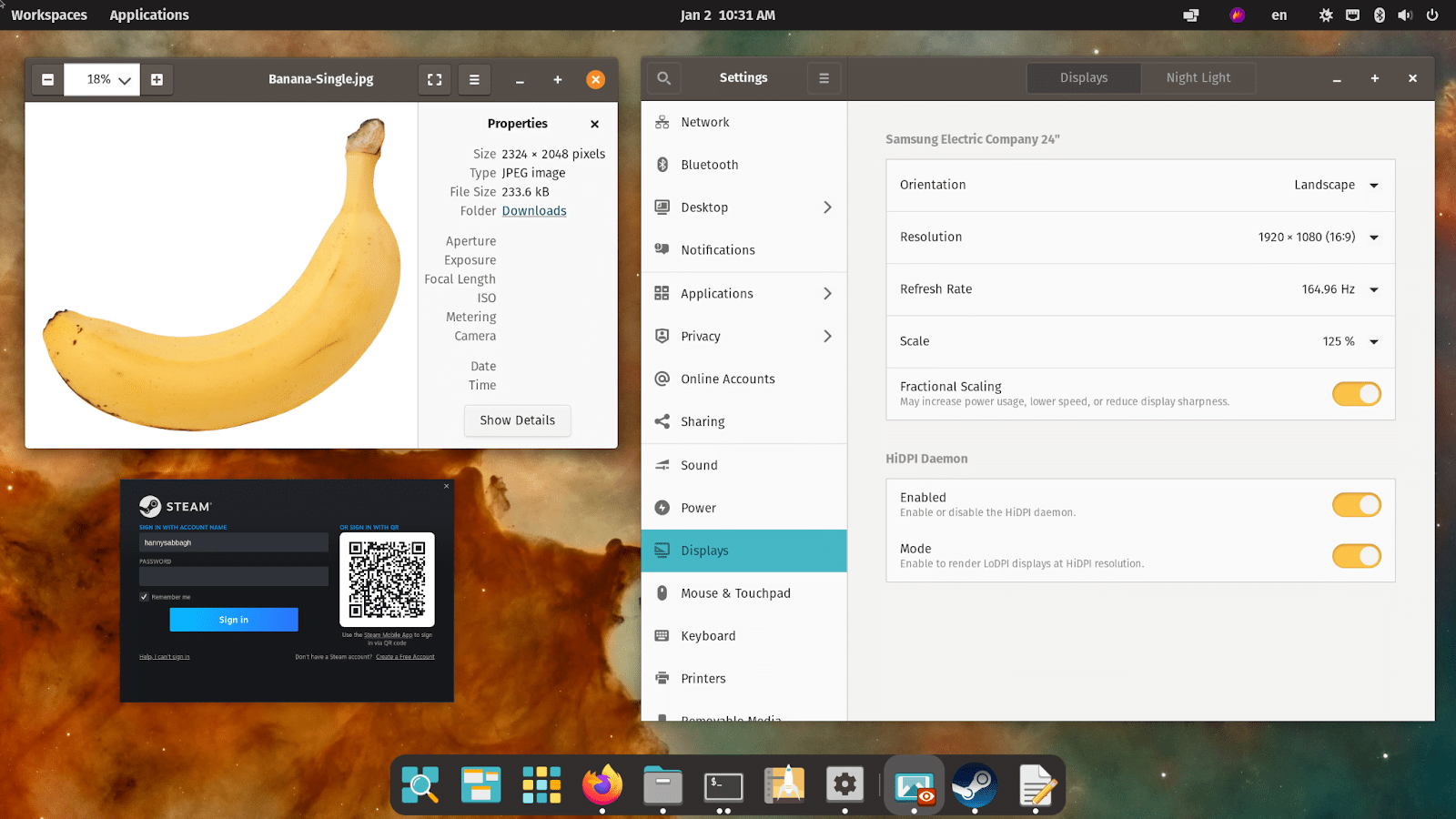

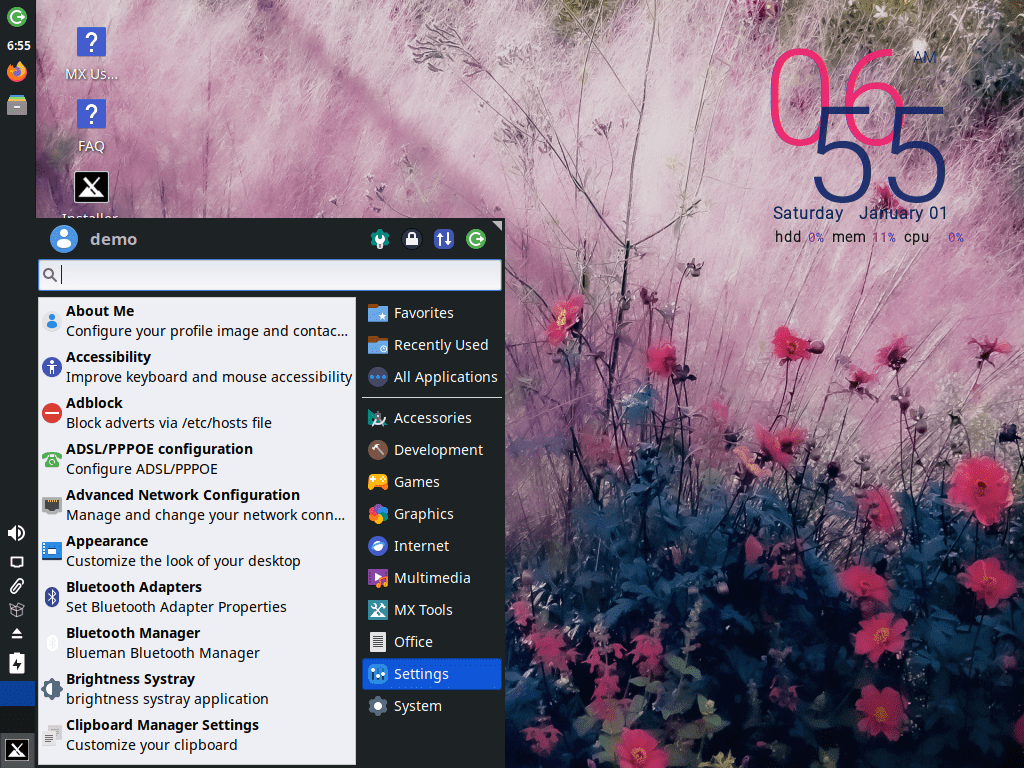
Linux is open source, meaning that anyone can view its source code and help develop it. It is mostly secure since Windows viruses do not work on it and it doesn’t need anti-virus software. It is free of cost, since almost all of its distributions are available free of charge. It respects your privacy, since none of your personal data is ever shared with its developers. It has no incentive to spy on you or try to sell you anything… Because mostly it is a community effort.
While Linux does not come with any of these shiny new AI integrations and features, the OS has matured much more than before, and the average Joe should find everything he needs according to the Linux distribution he chooses to be his daily driver.
Steam works on Linux, and has a feature to run almost all its titles on Linux with few or minor issues. If you are in need to run some other Windows-only software, then you can do that using a program called Wine, or maybe run your own Windows virtual machine using VMware. Software like Adobe’, Microsoft Office, AutoCAD and similar ones all have workarounds to make them work on Linux if you truly need them. Much better yet, they have alternatives that you can possibly switch to as well.
Linux Mint is one of the best distributions we recommend for new switchers from Windows. It comes with a familiar desktop layout, and its software catalog offers special tools to run Windows software whenever needed. It has no data collection mechanisms, no tracking, no spyware… All your data is local on your device and nothing more.
We no longer live in an era where Windows is the only path to get a functional operating system to run a computer. Thank God!
If you are interested in making the switch, then we offer a complete series on our website on how to switch from Windows to Linux. You can also ask for help about topics you don’t know on our forums for further help if you should need it.
So ditch that spyware called Windows from your PC, and make the switch to Linux and the open-source world now! 🙂
With a B.Sc and M.Sc in Computer Science & Engineering, Hanny brings more than a decade of experience with Linux and open-source software. He has developed Linux distributions, desktop programs, web applications and much more. All of which attracted tens of thousands of users over many years. He additionally maintains other open-source related platforms to promote it in his local communities.
Hanny is the founder of FOSS Post.
